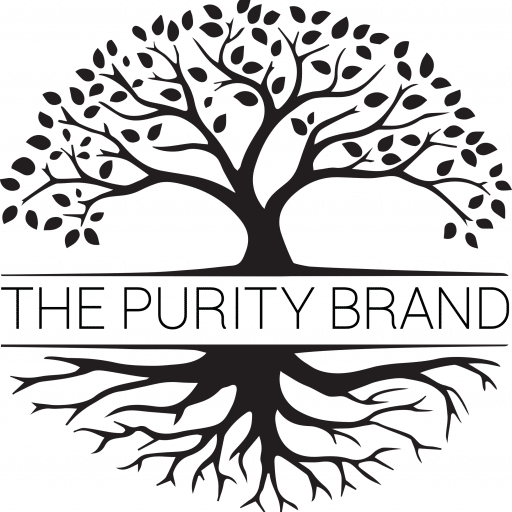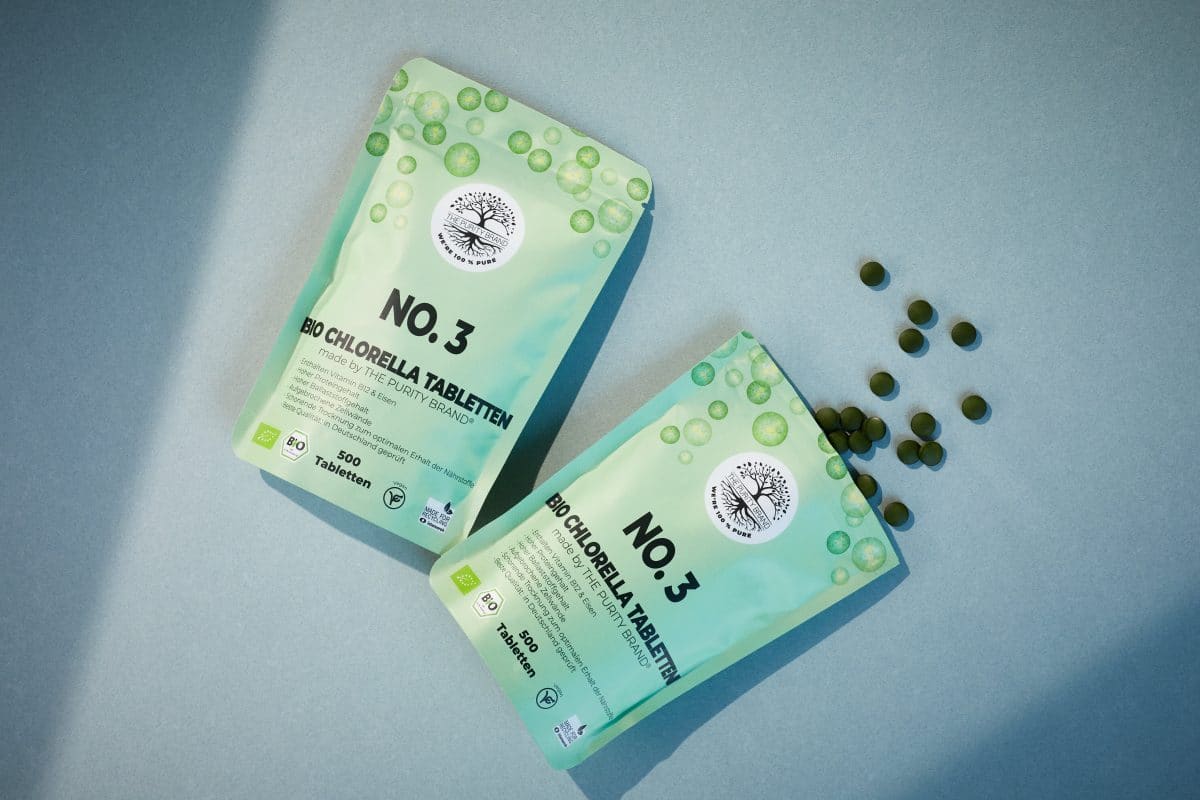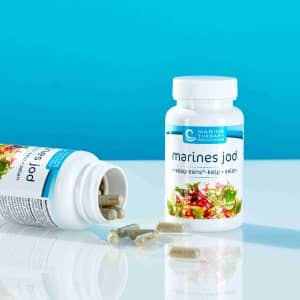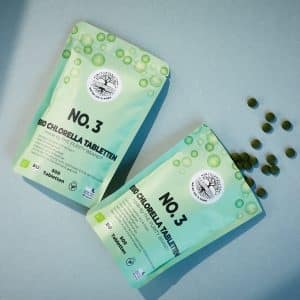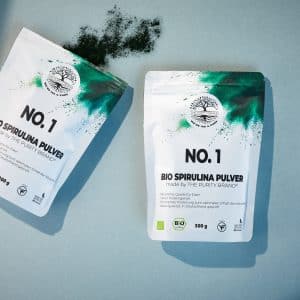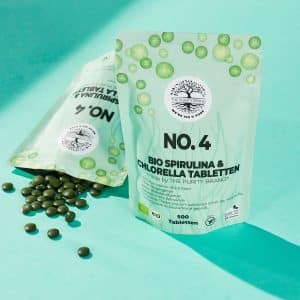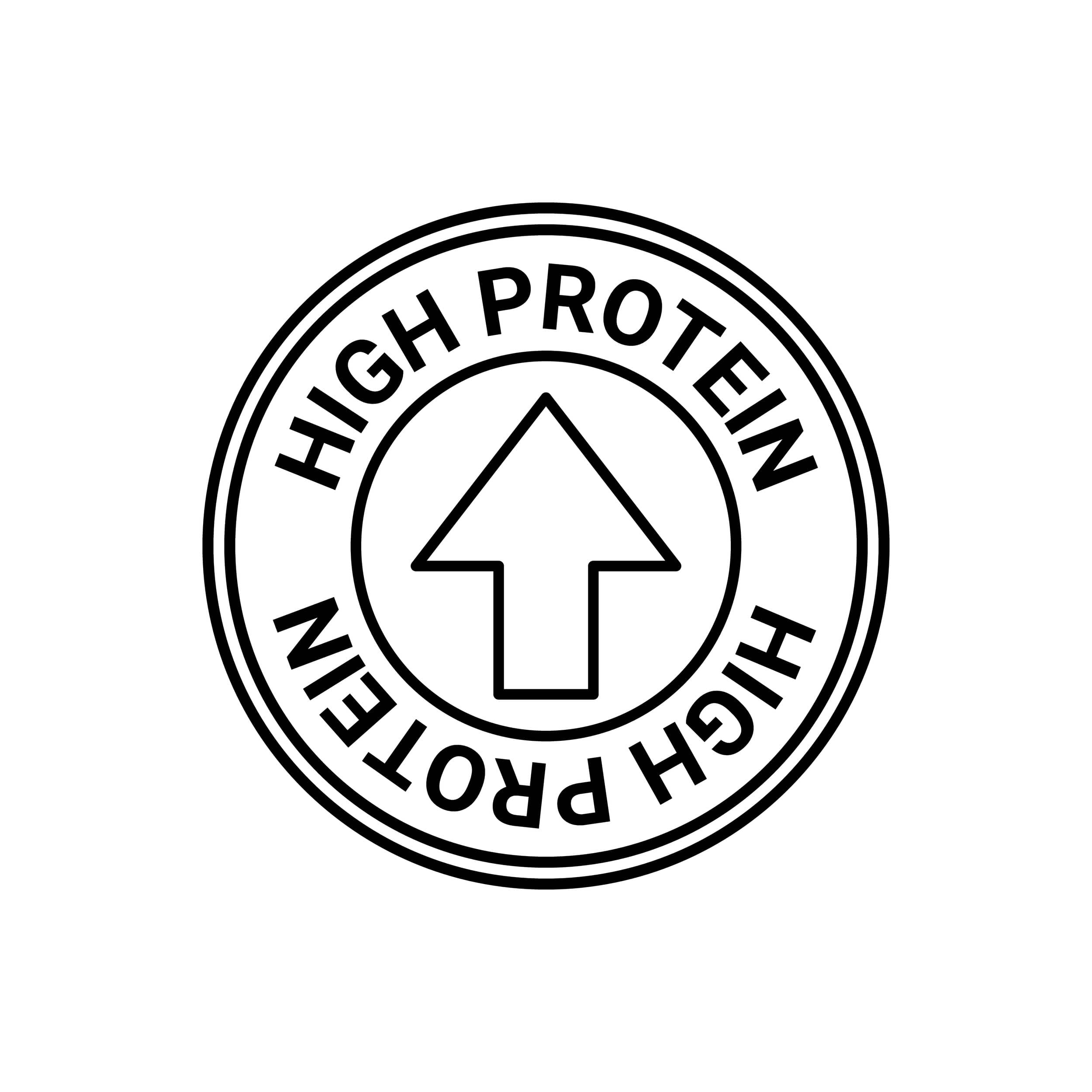
HIGH
PROTEIN CONTENT
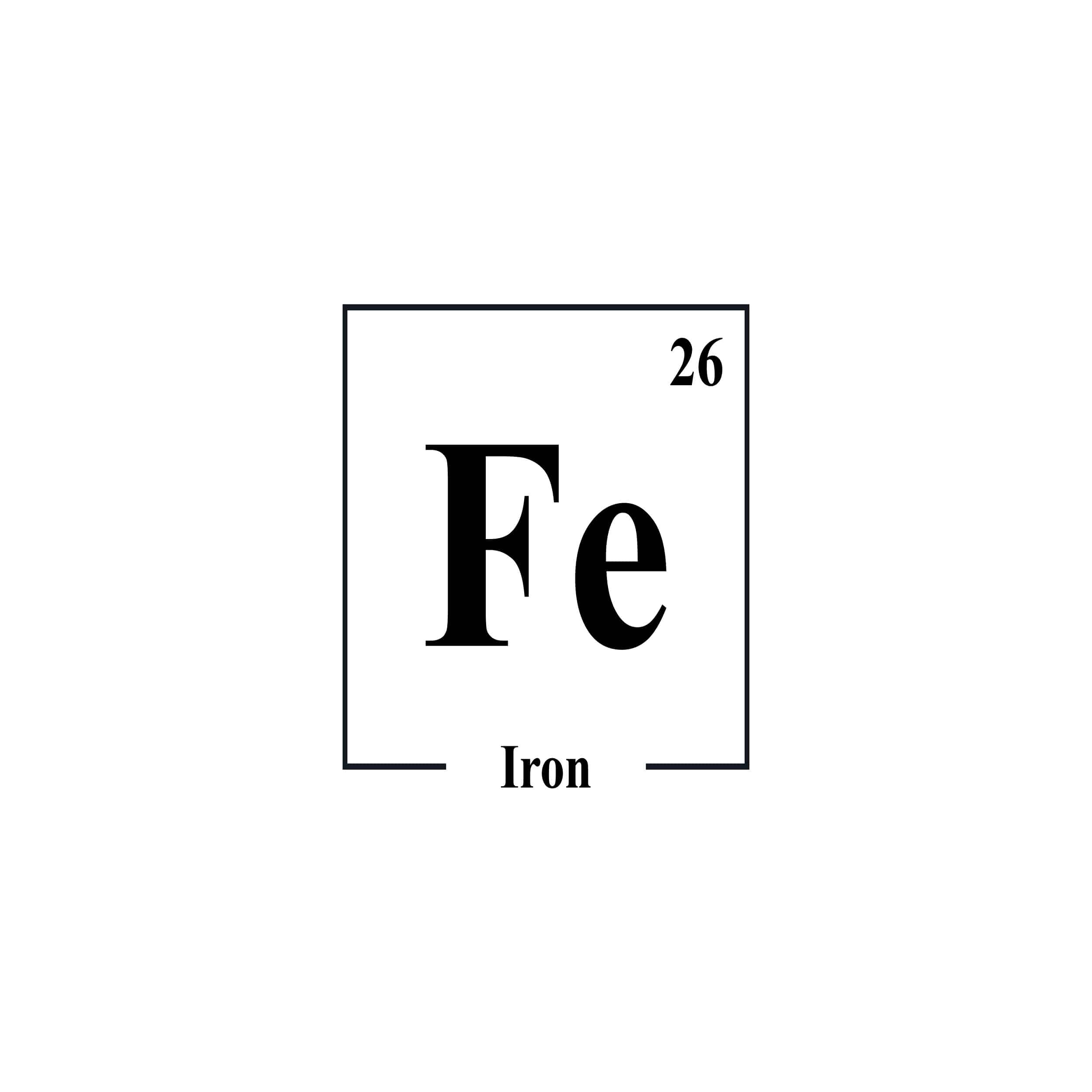
NATURAL
IRON SOURCE
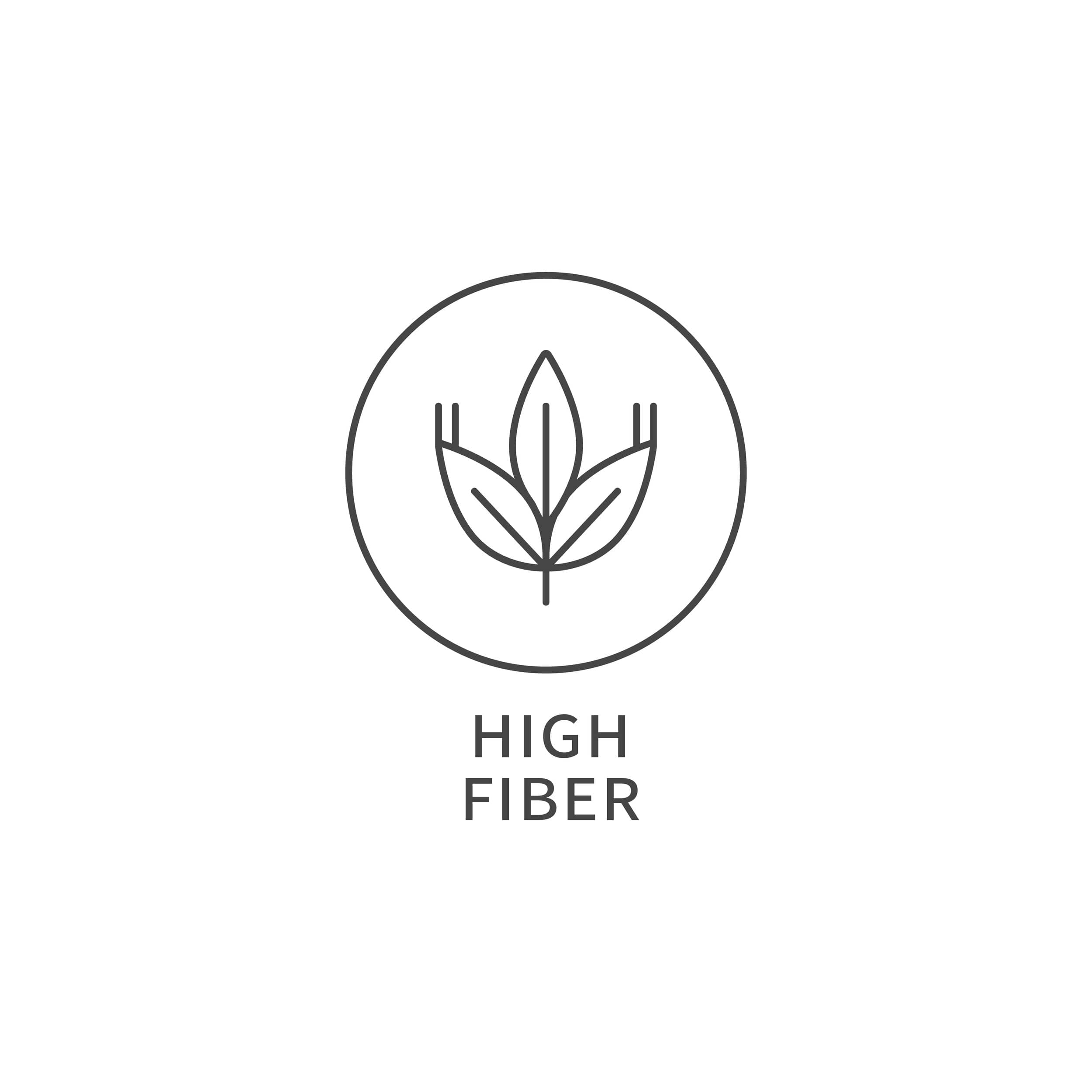
HIGH
FIBER CONTENT
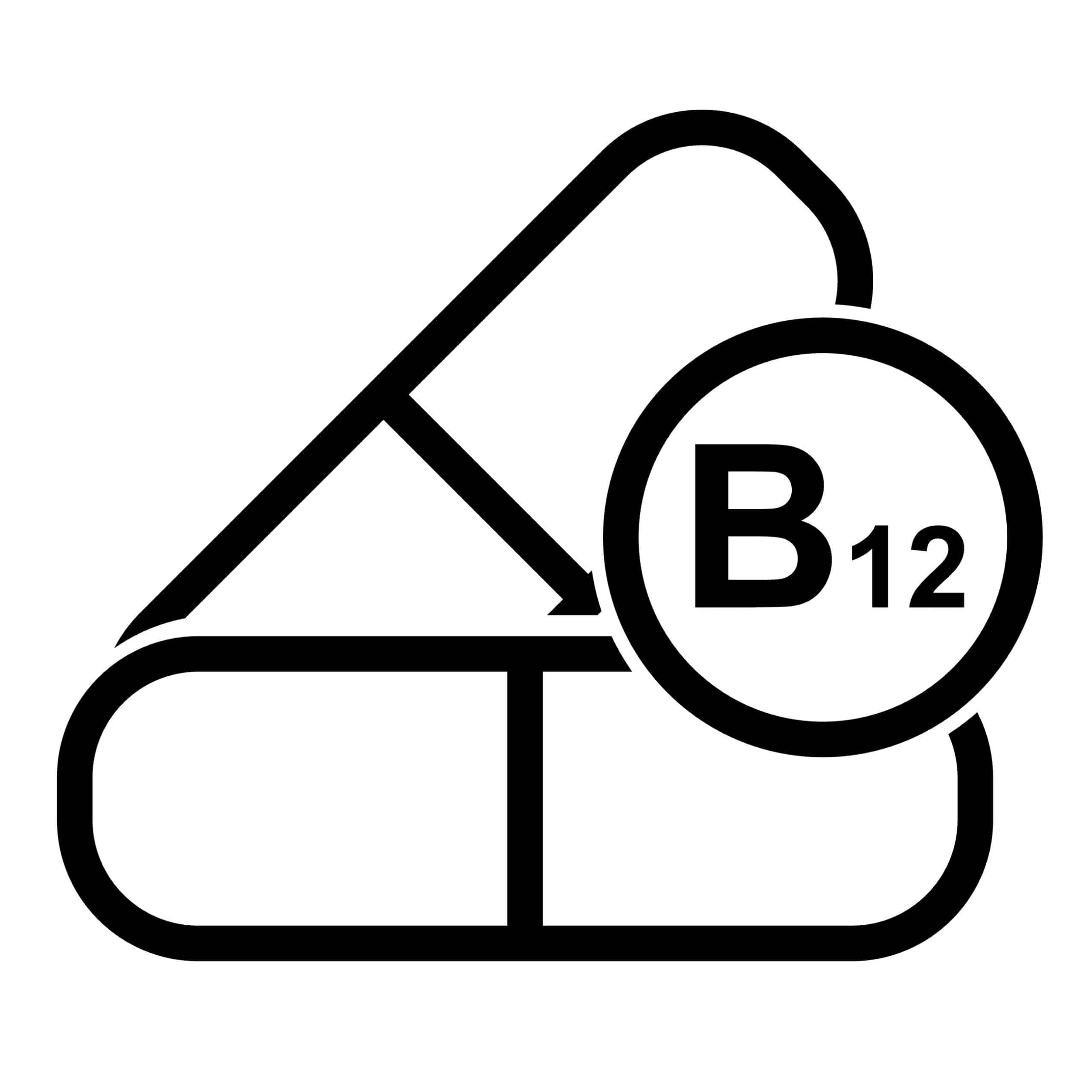
NATURAL
VITAMIN B12 SOURCE
Organic chlorella with high protein content
Chlorella vulgaris contains a large amount of protein (about 59% based on dry weight), which analytical data of protein content could prove. In comparison, the protein dry weight of, for example, soybeans as a known protein source is significantly lower at approx. 33%. Protein is mainly found in animal foods, but these should not be eaten in excess. Half of all daily protein intake should come from plant sources, e.g. potatoes, legumes, cereals or additionally from green spirulina or chlorella. Proteins are responsible in the body for regulating metabolism, controlling hormones, repairing and forming new cells, defending the immune system with antibodies, and they are important for energy production. For a body weight of 70 kg, about 60 g of protein should be eaten per day. To get the designation “high protein content” or “high protein“According to the European Food Safety Authority (EFSA), at least 20% of a food’s total calorific value must be accounted for by protein. Our Organic Chlorella tablets have a protein content of 3 grams, or 59% of the total caloric value, at a recommended daily intake of 3×4 tablets.
Organic chlorella with high fiber content
Chlorella consists of approx. 17% (dry weight) of carbohydrates, of which more than 65% are indigestible dietary fiber, which apparently originates from the chlorella cell walls. The designations high fiber content or high fiber are permitted if a product contains at least 6 grams of fiber per 100 grams. Our organic Chorella tablets contain 10.1 grams of dietary fiber/100 grams, meeting the requirements of EFSA.
Organic chlorella as a natural source of iron
Iron is a trace element that – as the name suggests – is present in the body in trace amounts. However, this in no way diminishes its importance for a healthy metabolism, on the contrary. Iron is important and (vital) for many bodily functions. It contributes to the reduction of fatigue and tiredness and is a central element in the transport of oxygen to the cells. It supports brain performance and contributes to the normal development of children’s perceptual abilities. Iron deficiency remains one of the most common deficiency symptoms. Women up to menopause, children and adolescents in the growth phase, pregnant and breastfeeding women, and vegans are particularly affected. Iron deficiency may occur:
-
If there is too little iron in the diet, e.g. no meat is eaten (meat is the No. 1 source of iron)
-
For vegan diet
-
When there is increased loss (e.g., due to menstrual bleeding).
-
or the need is increased (e.g. during pregnancy).
In the EU, the recommended daily intake of iron has been set at 14 milligrams. This is the amount an average person should consume daily to meet their iron needs. Our Organic Chlorella Tablets are a natural source of iron. Per daily serving (3×4 tbl.) contains 4.9 mg of iron, which is 35% of the recommended daily dose.
Organic Chlorella and Vitamin B12
Chlorella contains mainly vitamins D2 and B12, which are not found in plant foods, as well as larger amounts of folic acid and iron than other plant foods. Vitamin B12 – also called cobalamin – is found in animal foods such as meat, fish, milk + dairy products (non-pasteurized), eggs and fermented foods such as sauerkraut or beer. The fact that vitamin B12 is found in microalgae such as chlorella is interesting for the diet, e.g. of vegetarians and vegans. The daily amounts of vitamin B12 needed are small and usually well within dietary reach when consuming the foods listed above. The situation is different for vegetarians and vegans and for fully breastfed infants of vegan mothers, who are thus exposed to a high health risk. The supply of vitamin B12 can also become problematic in old age, because age-related atrophic changes in the gastric mucosa can lead to reduced formation and release of vitamin B12. According to research, it can affect up to 43% of people over the age of 60. Vitamin B12 is involved in important metabolic processes in the organism as a coenzyme. In addition to folic acid (also contained in chlorella), vitamin B12 is enormously important for lowering the homocysteine content of the blood and thus reducing the risk of vascular calcification. The immune system, energy balance and nervous system also benefit from a balanced vitamin B12 supply.
Recommended daily dose of vitamin B12
In the European Union, the recommended daily dose of vitamin B12 (cobalamin) has been set at 2.5 micrograms. This is the amount an average person should consume daily to meet their vitamin B12 needs. Per daily serving are 0.4 micrograms of vitamin B12 (cobalamin). This corresponds to 16% of the recommended daily requirement.
